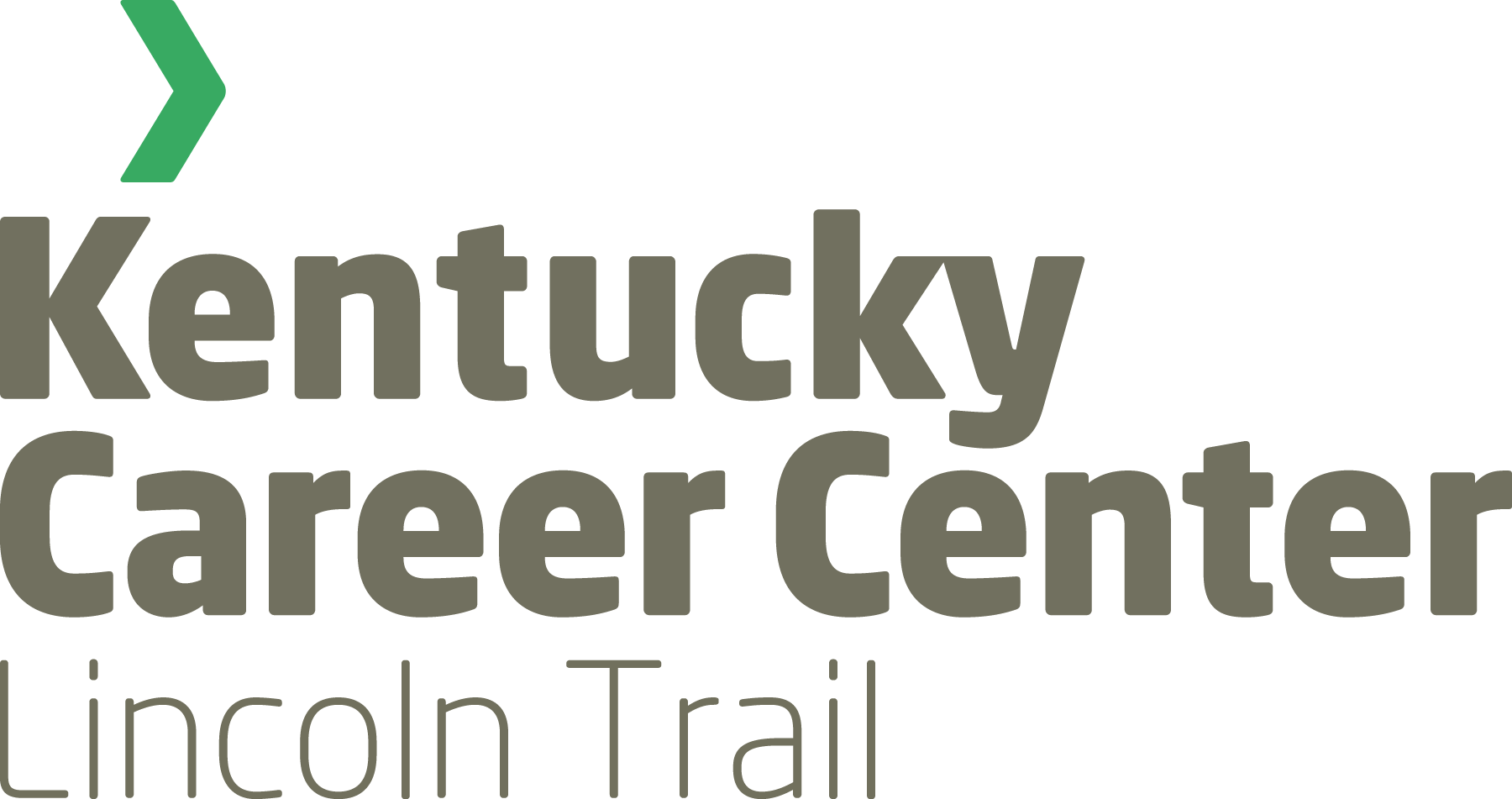Workforce Crisis Task Force encouraging employer involvement

In June, the Lincoln Trail Workforce Development Board held its second annual Workforce Crisis Task Force Summit at Elizabethtown Community and Technical College. With about 70 employers, educators, service providers and others on hand, it was a time to share information about the task force’s work over the past year and to begin developing new plans to increase workforce participation in our region.
We want every working-age person in our region to have the opportunity and ability to get a good job and keep a good job. At the same time, we want every employer to be able to find the talent they need to succeed and grow, creating even more opportunities in our region.
At the summit, it was clear that organizations throughout our eight-county region face similar workforce challenges and are embracing similar goals. As chairman of the Workforce Crisis Taskforce, it was incredibly rewarding to see people demonstrate a strong desire to work together to create new pathways for people to enter and advance in our region’s workforce.
As many participants pointed out, the summit was an opportunity to step out of our own specific roles and gain new perspectives.
“Information is power,” said Sherry Powers, vice president of human resources at Bluegrass Cellular and vice chairwoman of the Elizabethtown Society of Human Resource Managers. “Whenever you bring together the HR managers, the employers, community members, educators, suddenly there’s a synergy among all of us. Suddenly opportunities became visible that were not possible before.”
In the coming year, the task force will continue to work in three major subcommittees — Unlocking Local Potential, Growing Business Engagement and Removing Obstacles (to employment). As we continue to make improvements in these areas, we will raise workforce participation, which is at 61.9 percent in the Lincoln Trail region. We’re better than the statewide participation of 59 percent, but less than the national rate of 62.8 percent.
The Unlocking Local Potential Subcommittee is focused to prepare and develop the skills and knowledge of our students and workers. A key tactic is increasing work-based learning opportunities (WBLOs). Students engaged in WBLOs like internships, co-ops and apprenticeships are more likely to choose to live and work in the region after completing their education and training. Employers and parents are critical and strongly encouraged to engage. You can start by joining the regional subcommittee’s monthly conference call. Email info@strategymatters.org for details and for the dial-in information.
The Growing Business Engagement subcommittee is focused on connecting employers, who “drive” the hiring process, with the programs and providers that support a strong workforce pipeline. The committee will continue to support and advocate for various programs that help employers find new talent and help workers remain in the workforce. As specific plans for the year ahead are developed, I invite you to stay up-to-date by joining the committee’s mailing list. Email info@strategymatter.org to subscribe.
Over the next year, the third subcommittee, Removing Obstacles, will remain focused on identifying and addressing the foundational issues that restrict potential employees from landing or keeping a good job. We have an incredible group of support/service organizations in the region engaged in these areas. The committee has a specific tactic this year to expand its work around criminal record expungement.
At the summit, we were especially excited to see employers from multiple industry sectors including advanced manufacturing, healthcare, business services and others. We also found strong support from several chambers of commerce. We are extremely grateful for their interest and support. However, the businesses involved are too few to resolve our region’s workforce crisis. As several summit attendees noted, employers are vital to this process and we need to develop further engagement with employer groups, HR groups and all the chambers of commerce in the region.
“We need more employers,” said summit participant Kevin Smith, vice president of Kentucky Beam Bourbon Affairs at Bean Suntory and member of the Kentucky Workforce Innovation Board. “Employers are critical for a number of reasons, the first being that they usually drive the agenda. They tell us what they need. They’re the ones that help us make sure we’re providing the right type of talent.”
Learn more about the Workforce Crisis Task Force and how you can get involved. Visit www.ltcareercenter.org/taskforce or contact Sherry L. Johnson, Associate Director at Lincoln Trail Area Development District, at 270-769-2393 or sherry@ltadd.org.
Jim Rachlin is a member of the Lincoln Trail Workforce Development Board, which serves Breckinridge, Grayson, Hardin, LaRue, Marion, Meade, Nelson and Washington counties. He can be reached at jim@ltcareercenter.org.
Our Social Networks


